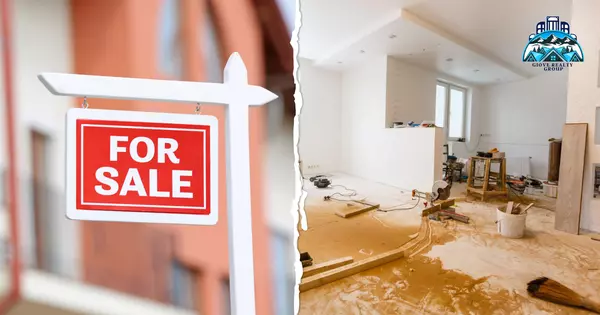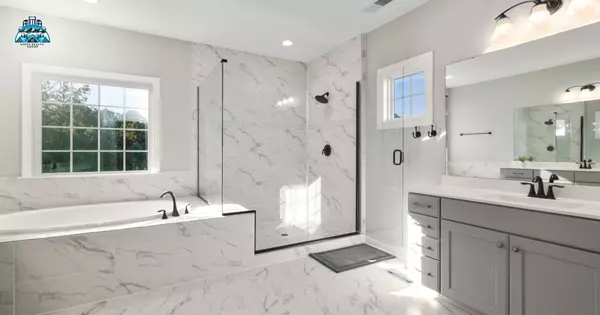
Room-By-Room Clean-Up for Home Sellers
Before listing your home for sale, it's essential to make a lasting impression on potential buyers by presenting a spotless and inviting living space. A clean and well-maintained home not only enhances its appeal but can also lead to more favorable offers. Here's a comprehensive guide on what to cle

How To Decide If You Should Remodel Or Move
After living in a home for several years, it can be easy to discover things you may not be crazy about. While some things can be a quick fix, there may be major changes that make you wonder if it is worth the investment. At this point, you're probably asking yourself if you should remodel or just fi

Mistakes to Avoid When Selling Your Home
Selling a property can be an exciting yet challenging journey, and knowing the pitfalls to avoid can make a significant difference in your overall success. Join us as we delve into the world of home selling, learn from common mistakes, and discover strategies to maximize your chances of a smooth and
Categories
Recent Posts











